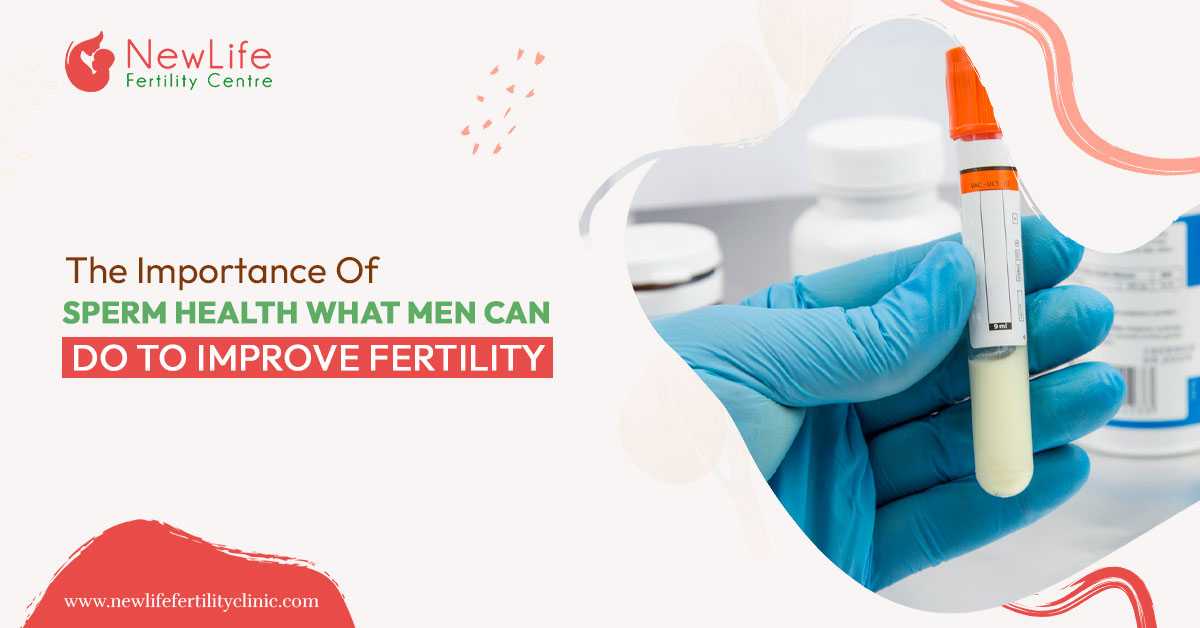The endometrium is the key part of female reproductive system which is essential during the menstrual cycle and pregnancy. It is the lining of the uterus that changes its size every month throughout a persons fertility period. Every month as the part of menstrual cycle, the endometrium host an embryo and because of this process the endometrial thickness increases and decreases. Estrogen and Progesterone, the two hormones are the cause the endometrial growth. If the abnormalities in endometrium occurs then the concerns or issues like endometriosis, hyperplasia and cancer occurs.
Normal Endometrial Thickness
The thickness of the endometrium is normal and it changes throughout the different stages of life which includes childhood, maturity period, fertile years and stage after menopause. The endometrium is present and it is small in the younger females whose menstruating time has not begun. According to the Radiological Society of North America (RSNA), it is believed that during menstruation, the endometrium is at its thinnest and measures between 2-4 millimeters (mm) in thickness.
At the phase between 6 to 14 of persons cycle, before ovulation or the time between the end of the menstrual cycle, the thickness of endometrium starts to grow that measures between 5-7 mm. When the cycle progresses forwards and reaches the ovulation period, the endometrium measures about 11 mm and during the secretory phase the thickness of the endometrial can reach to its peak of about 16 mm.
The healthcare experts have said that if the endometrium is neither too thin nor thick then, that increases the chances of having healthy and full-term pregnancy. The thickness of the endometrium is very important for pregnancy because it allows the embryo to implant and receives the nutrition that is needed. As the pregnancy progresses the endometrium also gets thicker according to the stage. The most common way of measuring the thickness of the endometrium is the ultrasound and it is the first and foremost method used by the healthcare providers especially if the patients have abnormal vaginal bleeding. If the ultrasound is not suitable or preferred to the patient then, magnetic resonance imaging (MRI) scan is done.
Causes of Thickness of Endometrial Lining
The menstrual cycle in the female is the main thing that changes the thickness of the endometrium. However, there are other facts too that can cause the changes and one of the main cause of the endometrial thickness is pregnancy. The women who have been pregnant for less than 5 weeks or the ones who are having an ectopic pregnancy shows the signs of endometrium thickness. The other conditions that can lead to the endometrial thickness are endometrium cancer or the ovaries. Endometrial hyperplasia is known as the critical condition which is related to the thickness of the endometrium. During this, the endometrium becomes too thick and it is related to the excessive levels of estrogen and lack of progesterone. Endometrial hyperplasia is not exactly cancer but it can develop as cancer as well. Some of the most common causes of endometrium thickness are as follows:
- Obesity
- Tamoxifen
- Hormone Replacement Therapy (HRT)
- Diabetes
- Scar Tissue
- Endometrial Hyperplasia
- Endometrial polyps
- Chronic High Blood Pressure
Symptoms and Treatments of Endometrial Thickness
Some of the most common symptoms of excessive endometrial thickness are:
- Postmenopausal Bleeding due to endometrial atrophy, endometrial hyperplasia and endometrial cancer
- Heavy and long-lasting bleeding during menstruation
- Abnormal menstrual cycle that lasts for less than 3 weeks or longer than 38 days
- Vaginal or spotting bleeding between periods
The major treatments for the thickness of endometrium are:
- Progestin
- Hysterectomy
- Pills
- Vaginal Cream
- Intrauterine Device
The people who pay the proper attention towards the thickness of the endometrium can easily optimize the way of curing it on time. This will help the women to get pregnant and also to have the normal menstrual cycle. Yes, the endometrial thickness changes in every stage of the life but if someone has pelvic pain, abnormal bleeding and discharge then, they should immediately consult with the doctor regarding the condition.




